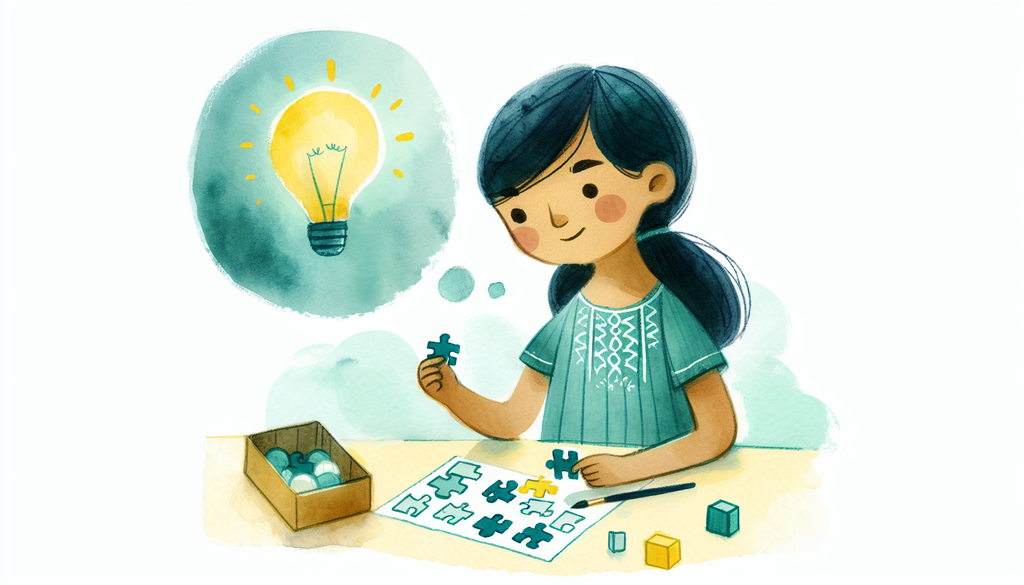Nurturing Young Innovators: Encouraging Problem-Solving Skills

In today’s fast-paced world, understanding how to navigate around problems, brainstorm solutions, and implement strategies effectively is a sought-after skill. This skill, known as problem-solving, is especially critical for students identified as gifted and talented or those with special needs in the realm of creative or analytical thinking. But how can parents and caregivers nurture this valuable skill? Let’s dive into the ways you can effectively develop problem-solving skills in your children.
The Importance of Problem-Solving
First things first, why is problem-solving so important? For children, particularly those with advanced cognitive capacities or unique learning profiles, being able to think critically and solve problems is a core part of their personal development. Strong problem solvers become resilient learners who can grapple with complex issues and challenges, not just in their academic lives, but in their personal lives too. It’s a keystone part of developing the growth mindset, where challenges are viewed as opportunities to learn rather than insurmountable obstacles.
Encourage Exploration
Perhaps the first step in teaching effective problem-solving is to encourage curiosity and exploration. Broad exposure can awaken interests and stimulate thinking. If your child shows a particular interest, whether it’s STEM or art, encourage them to delve deeper, ask questions, and solve problems within those domains.
Facilitate, Don’t Solve
Remember that the goal isn’t to solve the problem for the child but to guide them towards finding the solution themselves. This might involve stepping back and letting them struggle a little - a challenging but necessary part of building resilience and problem-solving skills Building Resilience. Your role is to encourage, guide, and ask questions that aid their thought processes.
Teach Them To Break Down Problems
One effective problem-solving strategy is to break down a problem into smaller, more manageable components. This approach can simplify complex problems. We previously suggested this technique in Inspiring Innovation, and it remains a valuable tool for young problem solvers.
Guide Reflection
Reflection helps children learn from their experiences and mistakes. When a problem has been solved (or not), encourage your child to reflect on what went well, what they could have done differently, any mistakes made, and lessons learned. Reflection can turn an ordinary problem-solving event into a rich learning experience.
In order for such development to occur, it’s crucial that children receive support and understanding from their families. It means understanding their strengths and weaknesses, advocating for them, and even dealing with factors like gifted stress or asynchronous development.
Problem-solving is an invaluable skill that students will use throughout their lives. By using these strategies, you can help equip your child with the right skills they need to face challenges head-on.